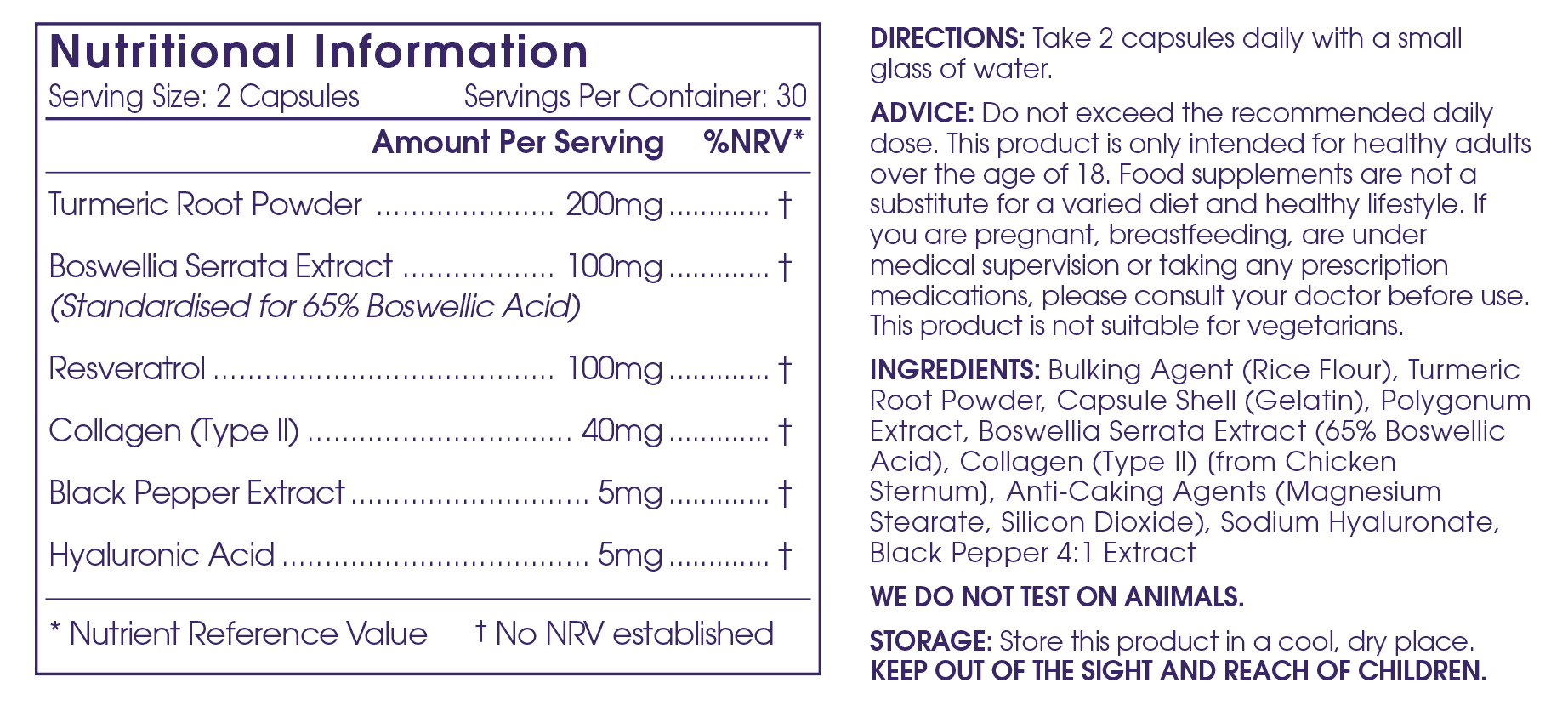When it comes to living a healthy, happy life, it’s not only about how many years you live, but also about the quality of those years. Quality of life is a broad concept that includes subjective evaluations of various aspects of life, including (but not limited to) employment, housing, community, and health.
While all of these domains are important, there is one that stands above the rest when it comes to assessing the overall quality of life: health. As the saying goes, “health is your greatest wealth” and without it, your ability to fully experience other aspects of your life is hindered. In this article, we’re going to discuss what health-related quality of life is and why it’s so important. Here’s what you need to know.
What is Health-Related Quality of Life?
Health-related quality of life is about much more than the absence of disease or age. It’s an individual’s perception of their overall physical and mental well-being.
Because the quality of life is so personal, it can be particularly difficult to assess. Nonetheless, medical professionals and researchers have established methods for understanding how a patient feels about their own health. One such measure, called the “Healthy Days Measure,” was developed by the CDC. Specifically, the measure asks people the following questions:
-
- Would you say that, in general, your health is excellent, very good, good, fair, or poor?
- Now thinking about your physical health, which includes physical illness and injury, how many days during the past 30 days was your physical health not good?
- Now thinking about your mental health, which includes stress, depression, and problems with emotions, how many days during the past 30 days was your mental health not good?
- During the past 30 days, approximately how many days did poor physical or mental health keep you from doing your usual activities, such as self-care, work, or recreation?

The Health of Older Adults
While people are living longer than ever before, there has been no significant change in mild to moderate disability in older adults in the past 30 years. In other words, people are living longer, but their health-related quality of life has not improved. This means that people are experiencing chronic health conditions and symptoms for more years of their lives.
Older adults are disproportionally affected by chronic conditions such as diabetes, arthritis, and heart disease. In fact, 80 percent of older adults have at least one chronic condition and 50 percent have at least two. Additionally, more than half of people over the age of 65 experience some level of joint pain, hindering their day-to-day functioning.
Even more surprising? Chronic diseases account for two-thirds of all health care costs and 93 percent of Medicare spending, yet less than 1 percent of U.S. health care dollars are spent on prevention to improve health-related quality of life.
Why is Health-Related Quality of Life Important?
Chronic diseases and symptoms can limit a person’s ability to perform daily activities, causing them to lose their independence. In order to change this, we need to place more focus on living well than living long. When you put an emphasis on living well, living longer is typically the natural consequence anyway.
So, how can you improve your health-related quality of life as you age? Here are our top tips:
1. Eat a nutrient-rich diet
If you’re looking to improve your health-related quality of life, your meals and snacks should consist of mostly whole, plant-based foods, including fruits, vegetables, legumes, nuts, seeds, and whole grains. Animal products are okay to eat, but make them more of a condiment rather than the star of your meals.
2. Incorporate supportive supplements
While eating a healthy diet is crucial, you can further improve your health-related quality of life by taking supportive supplements. For example, taking a natural, anti-inflammatory supplement is an excellent way to support your joints and overall health.
JointFuel360 is an oral supplement that combines research-backed, anti-inflammatory ingredients including turmeric root, Boswellia serrata extract, resveratrol, collagen (type II), black pepper extract, and hyaluronic acid. These ingredients work together synergistically to improve joint comfort, mobility, and flexibility, so you can live a healthier, happier life.

3. Regularly move your body
Regularly exercising is key when it comes to maintaining good energy, building muscle, managing your weight, warding off chronic disease, and keeping your joints lubricated. Choose a type of activity that you enjoy, whether it’s walking, swimming, dancing, or doing yoga. Aim to do 150 minutes of moderate-intensity aerobic activity each week (for example, 30 minutes, 5 days a week). If you have conditions or symptoms that limit you, start where you can and add more activity if/when you feel comfortable.
4. Make time to de-stress
Chronic stress can not only negatively affect your mental health, but also your physical health. To soothe your body and mind, make time for rest and relaxation each day. Everyone will find different activities relaxing, so experiment to discover what works best for you. Some good options to try include walking, deep breathing, practicing yoga, taking a warm bath, reading, meditating, painting, journaling, or playing an instrument.
5. Maintain friendships
Research shows that having strong social connections fosters both emotional and physical health, especially in older adults. Conversely, loneliness and social isolation have been linked to depression and poorer health. Keep your friends close and spend time with them often. Not only will you feel more supported and happy, but your physical health will benefit as well.
The Bottom Line
While many people will live into their 80s and 90s, many spend the majority of their later years living with chronic disease or other symptoms. As such, it’s important to focus on improving your health-related quality of life so you can live both long and well.
Taking care of your health isn’t something that should be reserved for your later years, either. Whether you’re 20, 50, or 70, apply the tips discussed in this article starting today. It’s never too late to change and by making these lifestyle shifts, you’ll not only be extending your life, but also improving the quality of it.
References:
https://www.who.int/news-room/fact-sheets/detail/ageing-and-health
https://www.cdc.gov/hrqol/methods.htm
https://stacks.cdc.gov/view/cdc/22022
https://www.webmd.com/osteoarthritis/features/joint-pain-management-age
https://www.cdc.gov/pcd/issues/2013/12_0137.htm
https://www.govinfo.gov/content/pkg/CHRG-112shrg87561/pdf/CHRG-112shrg87561.pdf












